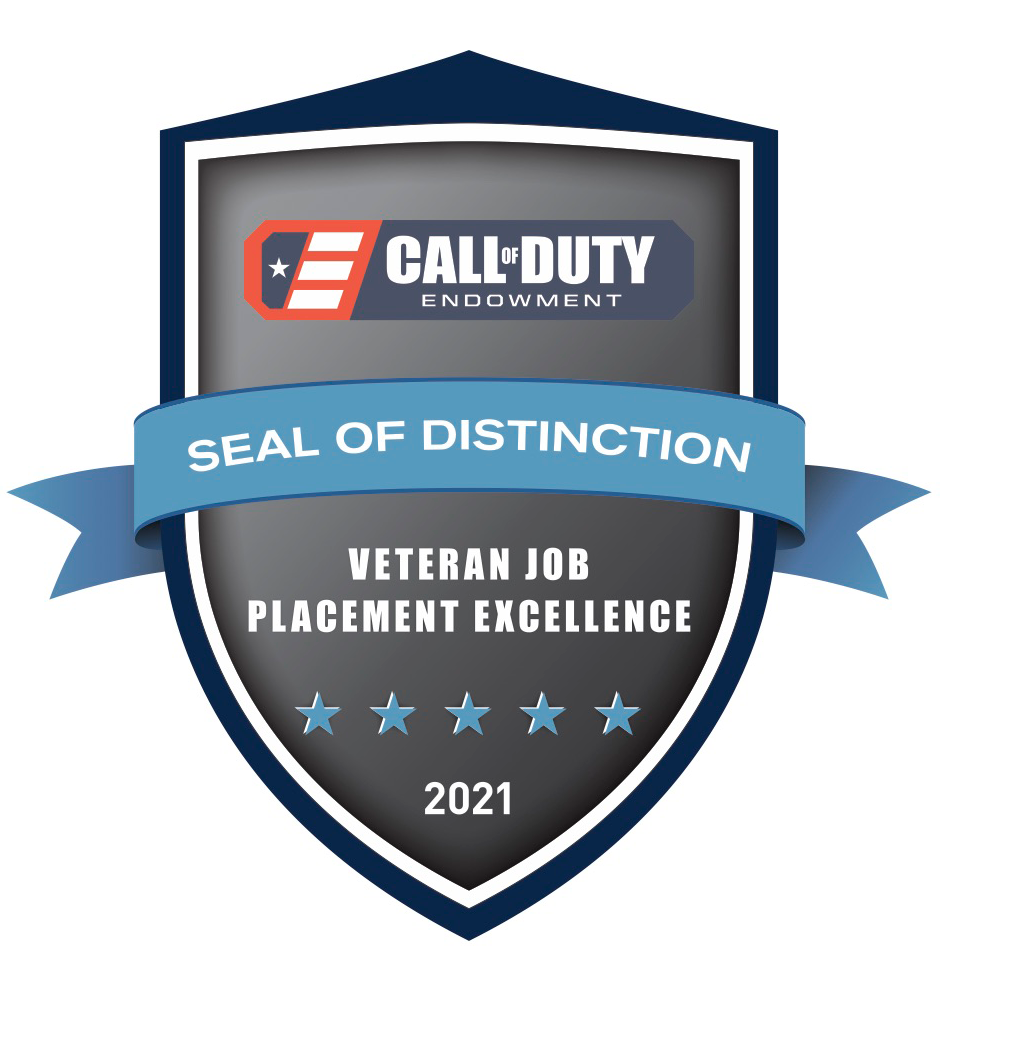Meet the Mentor: Sherry Finkel Murphy
 Meet the Mentor is an in-depth interview with an ACP Mentor that seeks to learn his or her personal perspective on life, leadership and mentoring.
Meet the Mentor is an in-depth interview with an ACP Mentor that seeks to learn his or her personal perspective on life, leadership and mentoring.
About Sherry:
Sherry Finkel Murphy is a Business Unit Executive for IBM Business Analytics and a certified Corporate Sales Coach. In addition to her corporate responsibilities, Sherry is also a certified Kettleball Instructor. Sherry has been a Mentor in ACP's Veteran Mentoring Program since 2010.
Q: Have you had mentors throughout your career, and if so, how have they impacted your professional growth?
I had the experience of working for an amazing Vice President of Sales fairly early on in my career, and his guidance became a very important part of my salesmanship style. I borrowed his gravitas before I had developed any of my own.
Today, if someone does something I think is interesting or if someone can give me some insight, I ask for 30 minutes of his or her time. The sooner one understands the wisdom of asking for help, the faster and further their career trajectory.
Q: For the veteran Protégés in our program, physical fitness was a large part of their jobs in the military. As a certified Kettlebell Instructor yourself, why is physical fitness important to you?
Kettlebell Sport is a practice that demands physical conditioning and great mental concentration and fortitude. To last 10 minutes doing a snatch set means blocking out all distractions, especially the little voice that says: “This is hard and painful and I want to quit.” Working through pain becomes a metaphor for all kinds of hard situations; many of them in the workplace or in life transitions. If I can do the snatch set, I can do other difficult and uncomfortable things.
Exercise is also a tool that can be used to quiet the mind by focusing solely on the task at hand. It allows me to release the stress from long work and travel days and the occasional difficult co-worker.
Mentoring Experience:
Q: You are now in your fifth mentorship with ACP. What have you learned from your experiences of working with your veteran Protégés over the years?
I have mentored both officers and enlisted veterans. What I’ve noticed is that they are all far too humble about their leadership capabilities. By the time a Marine ‘Gunny’ has served 20 years, he or she has been responsible for a bigger budget, more assets, and more people than many corporate senior vice presidents. I encourage my Protégés to understand that it’s not arrogant to be able to articulate the scale and scope of accomplishments.
In order to get what you deserve, you have to ask for it and justify why you’ve earned it with words that corporate people can understand. Just because the language of corporate America is different than that of the military, does not mean that veterans should under-sell their skills.
Q: How do you identify skills and talents in individuals, and how do you coach people toward unlocking that potential?
One of my favorite exercises is to ask people to solicit input from the people who know them best: their friends and family. I ask them learn the top things in which these people say they excel. The goal is to strip away ‘titles’ and ‘job descriptions’ and to think about activities that bring joy and make work effortless.
Unlocking potential also means being willing to say ‘yes’ to things before you know if they’re right. Experiential trial and error will certainly teach you a lot about what you don’t want to do. That doesn’t make it a mistake. It makes it a learning experience.
Q: Based on your experience as a certified Corporate Coach, how do you recommend that someone demonstrate leadership when they do not have a leadership title?
Leadership involves maintaining the right attitude, making and keeping commitments, promoting the work of one’s peers or direct reports, and walking one’s personal talk. Long before management recognizes one’s leadership, one’s peers and colleagues recognize leadership. In the corporate world, the notion of ‘influence,’ rather than hierarchy, drives ideas. And to be influential it is not necessary to hold a leadership title.
Professional Advice:
Q: What skills do you find to be necessary for fostering strong business relationships?
The best business skills are really personal skills. If you want to get ahead, you need to be thinking, ‘here’s what I can do for you’. Then you need to communicate that. Communication skills are no joke. You have to work hard to be articulate, inquisitive, and learn to write clearly.
Also, don’t ever stop networking. The people with the strongest business relationships are networkers who surround themselves by successful people who have gone before them and can help them learn their lessons quickly and efficiently.
Q: You said, “high integrity and high performance selling is a culture and not just a set of skills." This is an interesting concept - could you explain your sales philosophy further?
High integrity and high performance selling is about giving your customers a successful experience. It’s about making them feel they have benefited from your presence. Whether it’s a fishing rod, a car, or a multi-million dollar contract, high-integrity salespeople understand that reputation both precedes and follows the transaction. To paraphrase Maya Angelou, while people may forget what you do or say, they are unlikely to forget how you make them feel.
If you are a post 9/11 veteran interested in being paired with one of our Mentors like Sherry, apply here.











